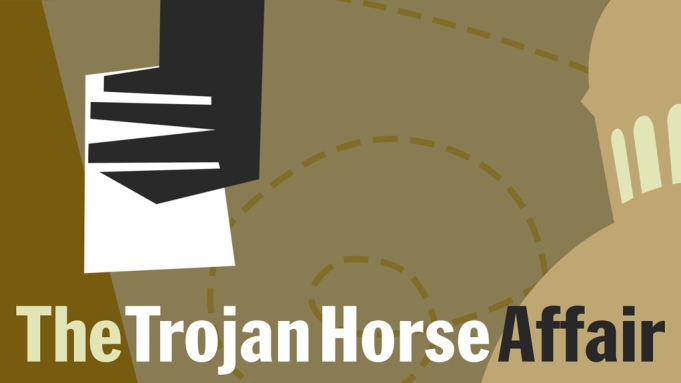Britain’s security agencies are fighting a covert war in cyberspace against extremist internet sites as part of a new anti-terrorist strategy, senior Whitehall officials revealed this week. The scheme is part of measures being introduced at a time when the threat level is described as being “at the severe end of severe”, with, officials say, extremist groups determinedly attempting new attacks. As well running its own sites, the Government gives material support to groups that monitor and combat jihadist material on the web in an attempt to prevent indoctrination of young Muslims. The Office for Security and Counter Terrorism (OSCT), recently set up to co-ordinate operations against al-Qa’ida and its supporters, has been tasked with proactive action to disrupt terrorist networks as well as carrying out a “hearts and minds” campaign within Britain’s Muslim population. One would-be bomber was caught using information received from a mosque. This help, said a senior source, is essential, with increasing evidence of “lone terrorists”, many Muslim converts from Christianity, who are difficult to track because they have no “footprints” in established suspect groups. Lone terrorists, as well as groups of Islamists, are said to be planning bombings based on “kitchen chemistry” and are absorbing an aggressive Islamism from the internet, according to security officials, making it vital that counter-terrorist efforts focus on the web.
Full-text article continues here. (Some news sites may require registration)






